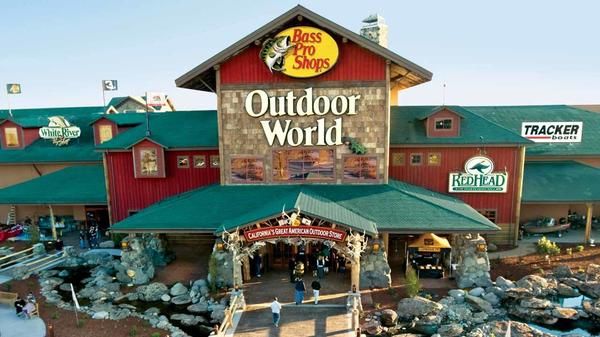EVOLUTION IN RECYCLING
Posted on 23-05-2023 11:55 PM
EVOLUTION IN RECYCLING

RECYCLING CHANGES
Manteca is switching to larger carts and three weekly collections for recycling
Recycling is changing in Manteca.
Additionally, three solid waste collection trucks will be stopping regularly in Manteca later this year
Avneet Mahil, the Manteca Historical Society's Recycling Information Manager, will explain what can be recycled and answer questions at a talk on Thursday, May 11.
The program takes place at the Manteca Museum, 600 W. Yosemite Ave., from 7 to 8 p.m. Members and guests are welcome to attend for free. The event will be followed by refreshments and desert snacks.
Newspaper and other types of paper and glass recyclables from Manteca will be accepted by a Stockton company. Following that, the city will once again allow those items to be put into blue carts.
During Mahil's presentation, he will explain how and what can now be recycled.
Recyclables and yard and food waste (organic) will begin to be collected this summer when all residents are given three 96-gallon carts to use. Weekly collections will take place.
Because of limited garbage cart space, people don't have time to separate recyclables from garbage.
In recent years, garbage contamination has forced the city to landfill much of what it collects from residential customers, defeating the purpose of recycling.
In order to comply with a state mandate, 75 percent of organic waste must be diverted from landfills by 2025.
The city will have to roughly increase its solid waste division's manpower and equipment by 33 percent in order to service residential accounts.
Currently garbage is collected weekly. During alternate weeks, green waste and recyclables are collected on a rotating basis in green carts one week and blue carts the next.
The need for three visits each week from the solid waste department is driven by the fact residential food waste minus all packaging to meet the state-imposed mandate will need to be placed in green carts along with lawn clippings trimmings and other organic yard waste.
The waste will be taken to a composting facility for disposal.
Weekly collection of green and blue carts would eliminate the need for a fourth cart exclusively for food waste.
Additionally, food waste sitting in green carts for up to two weeks during hot weather could cause smell problems.
The fourth cart for food collection hasn't been successful for other cities, Manteca discovered in its research.
As a result, if Manteca chooses to go that route despite the fact that residents are not as compliant, there would still be the need for additional collections at each household.
There is now a $475000 price tag on solid waste trucks. The city has a fleet of more than 24 waste collection vehicles, which it replaces one or two a year. For Manteca to implement the organic waste diversion program, it must buy a number of trucks all at once.
The cost of wages and benefits has also been increasing as a result of stepped up collection efforts.
The landfill on Austin Road has raised the tipping fee from $24 to $140 over the years.
There is little reason to expect that fuel costs will be a major factor in the rate increase.
As a result, Manteca has been refining its own fuel for the past three years.
Utilizing wastewater treatment plant equipment, natural compressed gas is made from methane gas byproducts and other organic materials.
CNG now powers almost half of the fleet of solid waste trucks at the solid waste treatment plant, as well as a transit bus and a vacuum truck.
One of the first cities in the Western United States to introduce such an endeavor, Manteca reduced greenhouse gases that would normally be burned off during wastewater treatment.
Solid waste trucks also burn clean fuel instead of oil-based diesel or gas.
Food waste from Manteca restaurants, supermarkets, convenience stores, and institutions such as schools and hospitals is now being sorted at the Lovelace Transfer Station using a massive food separator purchased by the city.
The packaging separates from the food.
It is then ground into a slurry and taken to a composting facility.
As a result of the city's early adoption of a three-cart system nearly 30 years ago, neighboring towns will be able to implement food waste diversion at a lower cost.
As cities learn, they need to buy at least one more cart per household in order to meet the state mandate.
The carts cost between $100 and $150 each.
With Senate Bill 1383, passed in 2020, methane gas emissions from landfills will be reduced as garbage decomposes while landfills will last longer.
The state of California generates 27 million tons of organic waste each year, according to a 2017 study.
18 percent of the waste collected consists of organic food, 18 percent of paper, 12 percent of lumber, and 19 percent of other organics.
The remaining 33 percent is composed of nonorganic waste.
Email Dennis Wyatt at dwyatt@mantecabulletin.com for more information
High Quality Fence
https://highqualityfence.com/
(209) 815-9015
""